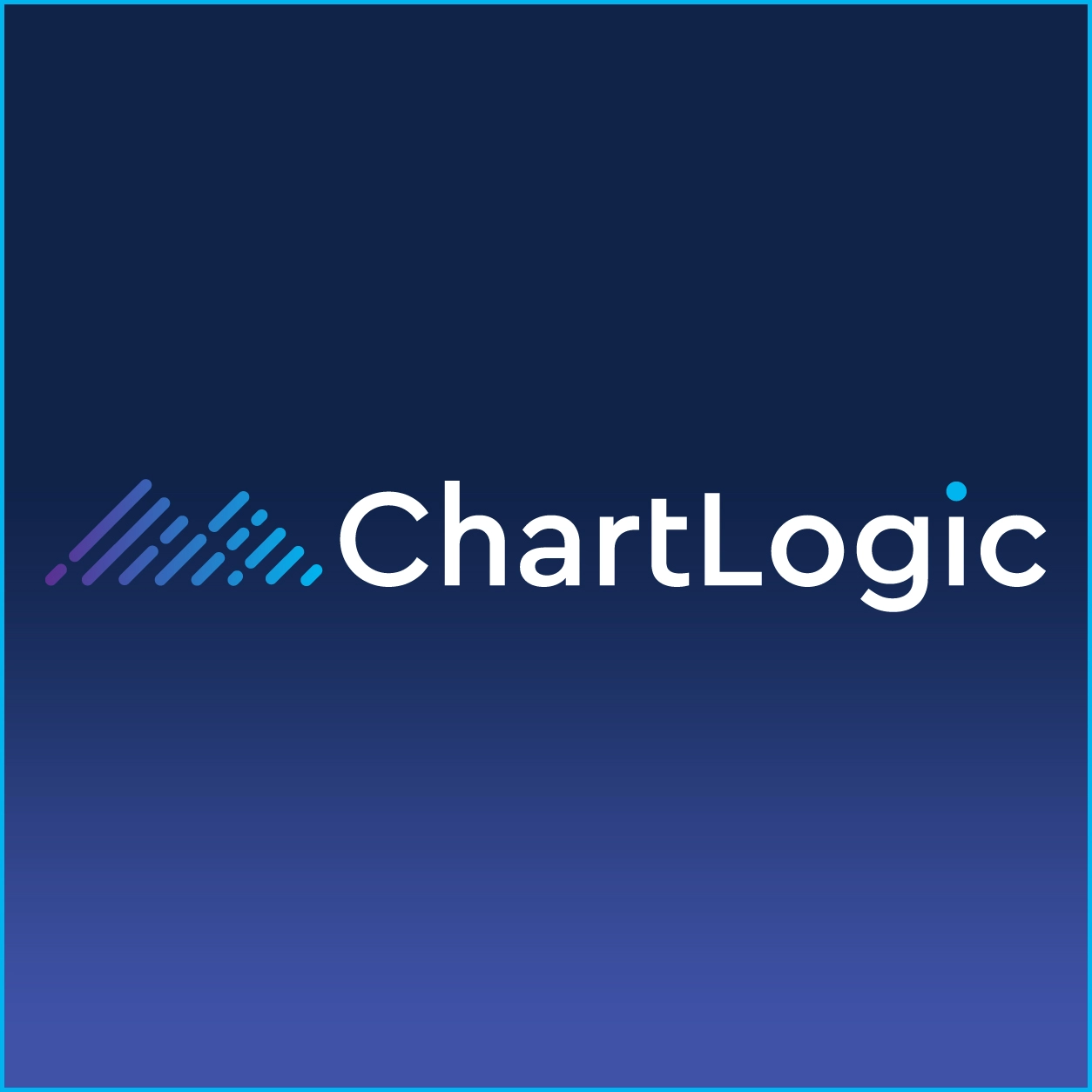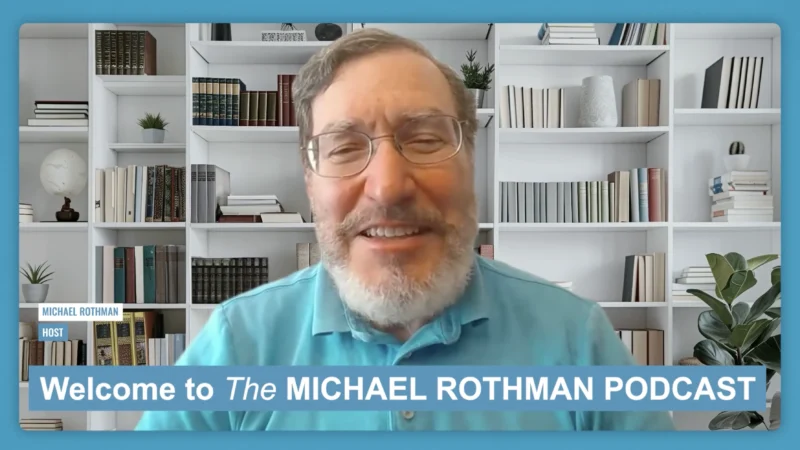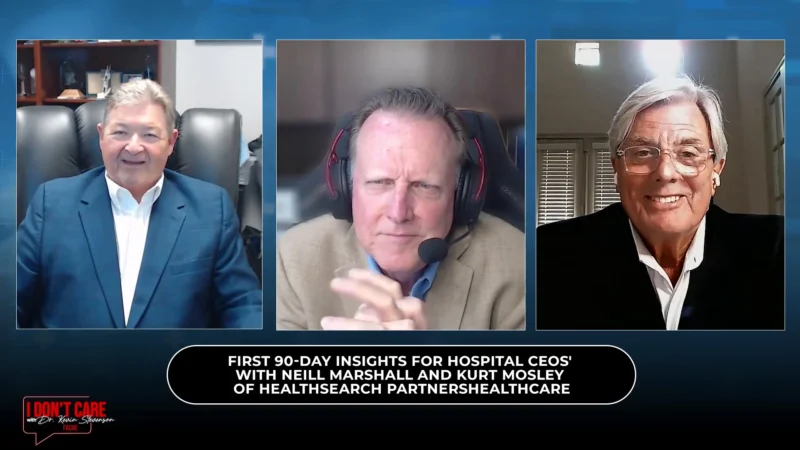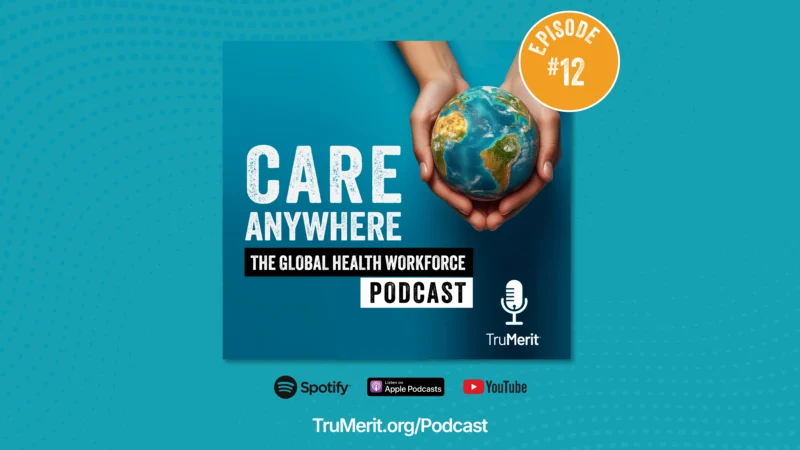Full Circle Healthcare: Information Blocking, Interoperability, and Health Data
As the world becomes more digital, there are certain protections in place to help ease the accessibility of health information for each patient. Speaking on the topic of information blocking, Nicki Anderson Director of Compliance with Medsphere Systems Corporation sat down with host Michelle Dawn Mooney to discuss what it is and how it happens.
“So, information blocking is basically defined as any practice that is likely to interfere with, prevent, materially discourage or otherwise inhibit the access, exchange or use of Electronic Health Information, otherwise known as EHI,” said Anderson.
While there are a few ways information blocking can happen, common examples include working with a health IT developer to intentionally restrict information from one form to another, using non-standard health IT, or if your health IT developer has the ability to transmit certain information via the portal but a setting is configured to turn that feature off.
The rule applies to many in the healthcare industry. Anderson said, “Anybody in the healthcare landscape is subject to information blocking regardless if you’re using certified technologies or not.”
While there are quite a few people affected by this, there are currently eight listed exceptions to the rule, including infeasibility exception, fees exception, licensing exception, privacy and security exceptions, and preventing harm exception.
These exceptions exist to protect under HIPAA. For example, under the preventing harm exception, sensitive information, particularly in the case of a minor, may not be shared with a parent. Anderson advised practices on the topic, “I recommend that you would go review those as you are developing and reviewing your policies and procedures.”
Current penalties for violation of the rule are issued under OIG as civil monetary penalties to health information networks and developers, but not to providers, though this is anticipated to change by the end of the year.




